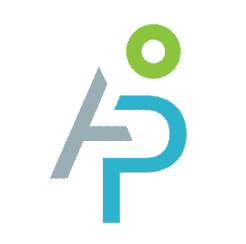Why You Shouldn’t Start Doing School Too Early
Published:
July 8, 2019

Contributor:
Alpha Omega Publications
Disclosure: This post may contain affiliate links, meaning if you decide to make a purchase via my links, I may earn a commission at no additional cost to you. See my disclosure for more info.
One of the more frequently asked questions from parents is how young is too young to start homeschooling? While it’s never too early to encourage the natural love of learning in your child, when it comes to formal schooling, experts are cautioning a hold-back approach to the trend of early childhood education.
One of the reasons given for delaying the start of formal education is because expectations have changed dramatically in schools in a short period of time.
“In 1998, 31% of teachers expected children to learn to read in kindergarten,” reported Kerry McDonald for the Foundation for Economic Education. “In 2010, 80% of teachers expected this…despite research showing that pushing early literacy can do more harm than good.”
The rise in increased early childhood education has also led to a significant rise in children with ADHD. Currently, more than 1 in 10 children between 4-17 have been diagnosed with the hyperactivity disorder, a number that jumped more than 40% in a decade.
“It should be no surprise that as we place young children in artificial learning environments, separated from their family for long lengths of time, and expect them to comply with a standardized, test-driven curriculum, it will be too much for many of them,” said McDonald.
In addition, a study at Harvard showed that younger students in their grades were more likely to be diagnosed with ADHD. For example, in states with a September 1 birth cut-off date, children with August birthdays were 30% more likely to be diagnosed with ADHD.
“Our findings suggested the possibility that large numbers of kids are being overdiagnosed and overtreated for ADHD because they happen to be relatively immature compared to their older classmates,” wrote Timothy Layton, who was the lead researcher of the project.
In response to the alarming trends, McDonald urged parents to push back against unrealistic academic expectations and choose options like self-paced homeschooling.
“Parents need to be empowered,” said McDonald, “to challenge government schooling motives and mandates, and to opt-out.”








